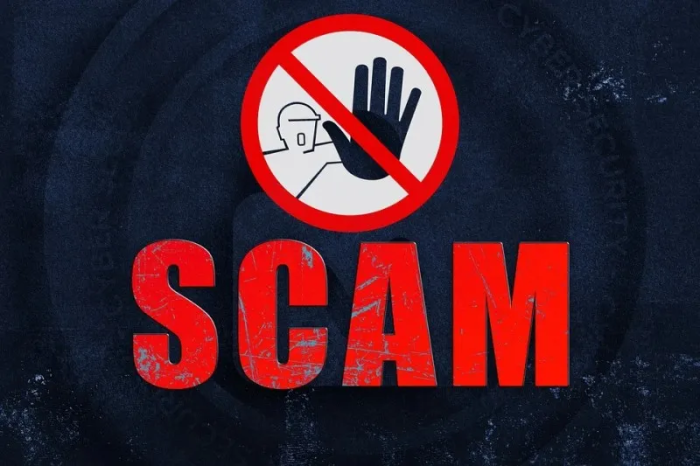
PLEASE BEWARE OF EMAIL SCAMS – BE ALERT!
Dear Parishioners,
It has been brought to my attention that some are receiving emails, supposedly from me, requesting assistance with gift cards to show appreciation to our parish staffs.
Don’t be fooled! I would never ask for that kind of help in such an impersonal way. Please ignore and delete these emails, which when you look closely, you can see that they are not from my actual email address. There is not much I can do as this has been happening more often lately. Be aware!
Fr. Carl Morello
Pastor
Ascension and St. Edmund Parish
St. Catherine-St. Lucy and St. Giles Parish
BEWARE!!! – Risk of Cyber Attacks and Email Scams are Constant! It is estimated that over 3 billion phishing emails are sent each day! Always be mindful of suspicious emails and make sure they are from a legitimate source.
They could be from a criminal attempting to:
- Impersonate a Co-worker
- Impersonate a Vendor
- Impersonate a Customer
- Impersonate a Government Agency
- Impersonate anyone else that you may trust
What do these scams look like and how can you protect yourself? Criminals impersonate a trusted contact by email, phone, text, or mail and may eventually:
- Request your passwords,
- Request you to redirect payments to a new account, or request that you purchase gift cards for an “urgent need”,
- Request you click on a link,
- Request you download or open a file,
- Or, provide other information that can be used against you.
Criminals create email addresses that may look very similar to legitimate email addresses, often only different by one letter or character. They may even use part of a legitimate email conversation in their email trail to give the appearances that the email is legitimate.
Some of the ways you can protect yourself include:
Verify the Sending Email Address – Always double-check the email address of the sender before responding, opening a link or document, or sharing any sensitive information. Phishing emails often use deceptive tactics to make their email addresses appear similar to legitimate ones. Pay close attention to any misspellings, unfamiliar domains, or slight variations in email addresses.
Be Wary of Urgent Requests or Unsolicited Attachments / Links – Exercise caution when encountering emails that demand immediate action or contain unexpected attachments or links. Phishing attempts often rely on urgency or curiosity to entice recipients into taking action without proper consideration.
Hover Over Links – Before clicking on any hyperlink in an email, hover your mouse cursor over the link to reveal the actual destination URL. Verify if it matches the expected website or domain. If the link appears suspicious or unfamiliar, refrain from clicking on it.
Practice Good Cyber Hygiene – Regularly update your devices’ operating systems, applications, and antivirus software to ensure you have the latest security patches and protections. Additionally, use unique, strong passwords for all your online accounts, enable multi-factor authentication whenever possible, and avoid reusing passwords across different platforms.

























